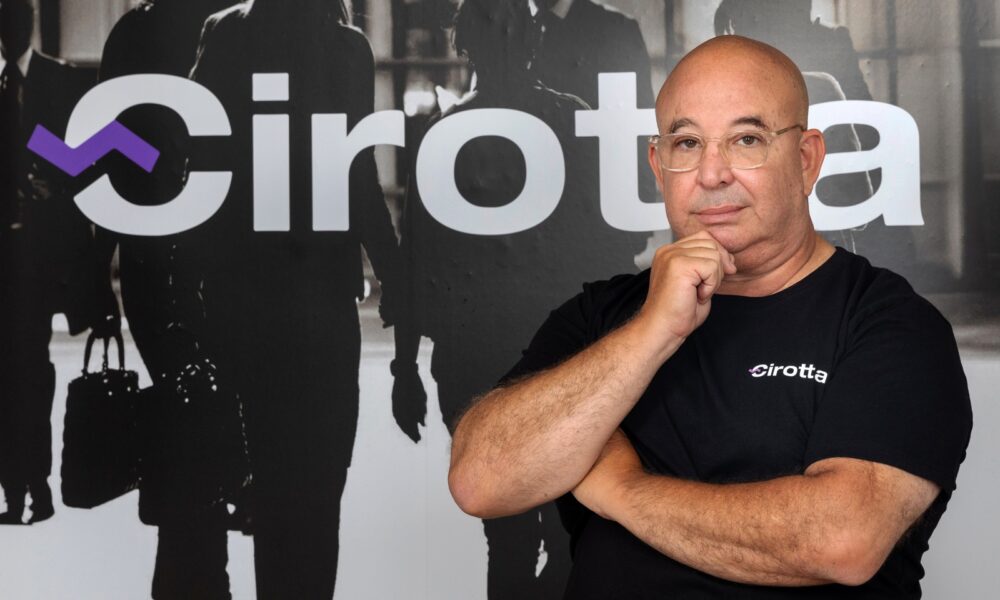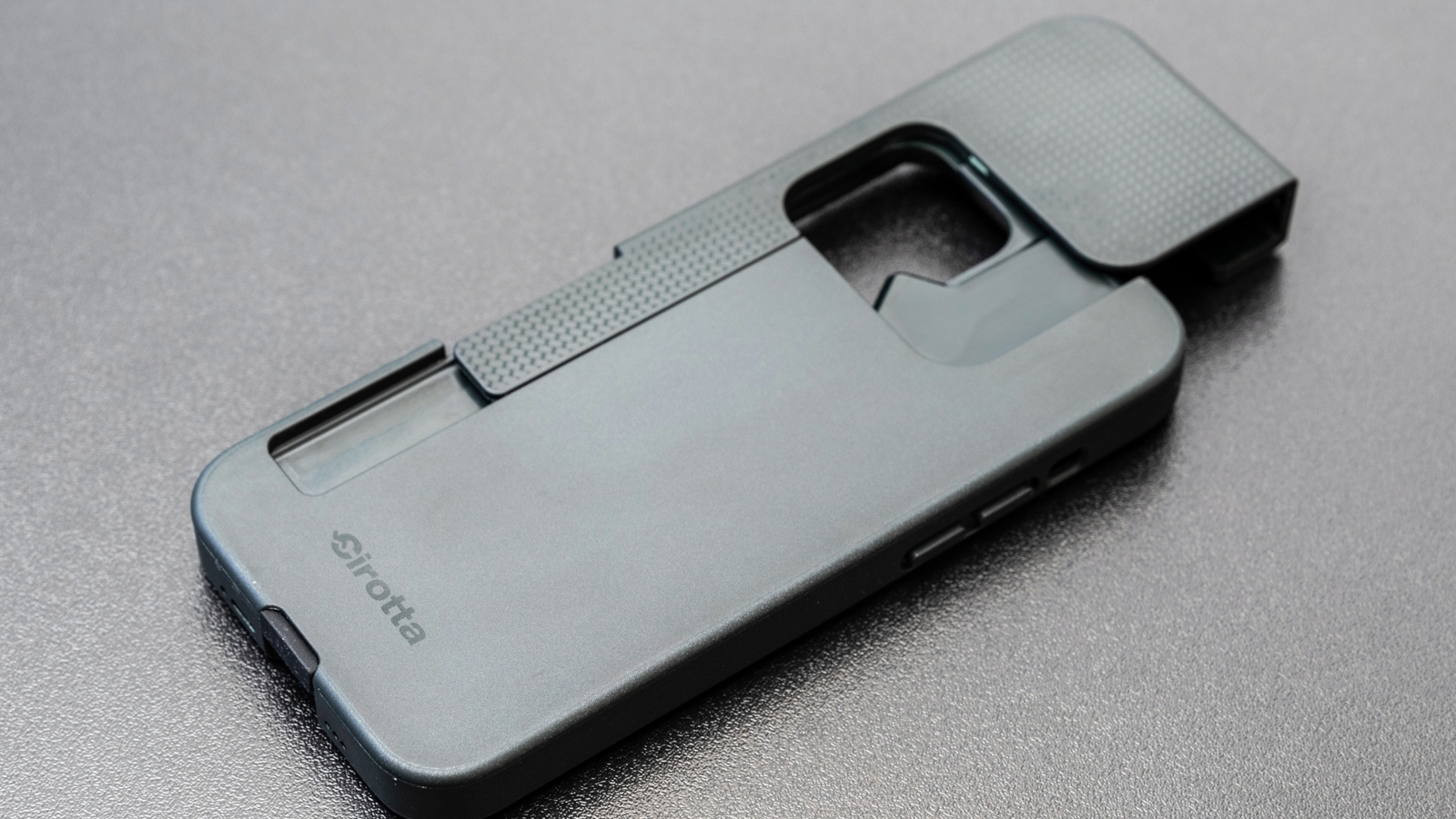Thinking of buying a case for your smartphone? Israeli startup Cirotta has a new design that does more than protect your device from scratches and cracked screens.
These cases also prevent malicious hackers from gaining access to your personal data.
“Mobile phone technology is the most used form of communication, but it is also the least protected,” says Shlomi Erez, CEO and cofounder at Cirotta.
“While there are software solutions to thwart malware attacks, very little has been done to stop cybercriminals from using hardware and communication weaknesses in phones to breach a user’s data. That is, until now.”
Cirotta starts with a physical shield that slides over a phone’s camera lenses (front and back), stopping bad guys from being able to track what you’re doing and where you are, and preventing unwanted recordings, conversation tracking and unauthorized calls.
Cirotta next uses specialized security algorithms to bypass the phone’s active noise-filtering system, block the threat of external use of the device’s microphone, and override the phone’s GPS to hide its location.
Cirotta’s tech can even nullify Wi-Fi and Bluetooth connections as well as the NFC chips that are increasingly being used to turn a phone into a virtual credit card.
Cirotta currently offers the Athena Silver model for iPhone 12 Pro, iPhone 13 Pro and Samsung Galaxy S22. Athena Gold, now in development, will secure the phone’s Wi-Fi, Bluetooth and GPS.
The Universal line for most other phone models is to be available in August. The Bronze version blocks the camera; Silver blocks both camera and microphone; and Gold blocks all transmissible datapoints.
While blocked, a phone can still be used to make calls and can access any 5G networks. A single charge on a Cirotta case provides over 24 hours of use.

Erez says hacking is a growing problem, with attacks occurring every 39 seconds on average for a total of 2,244 times a day. One in 36 mobile device users will unintentionally install a high-risk app, according to data cited by Cirotta.
The company is aiming for both individual phone users and organizations that could lock multiple devices with a single, unique digital key.
It’s the latter where Cirotta will focus first, with “a long term-plan to support a business-to-consumer rollout,” Erez adds. “Initial clients are expected to include government and defense organizations, private-sector research and development facilities, companies dealing with sensitive materials, and corporate executives.”

















